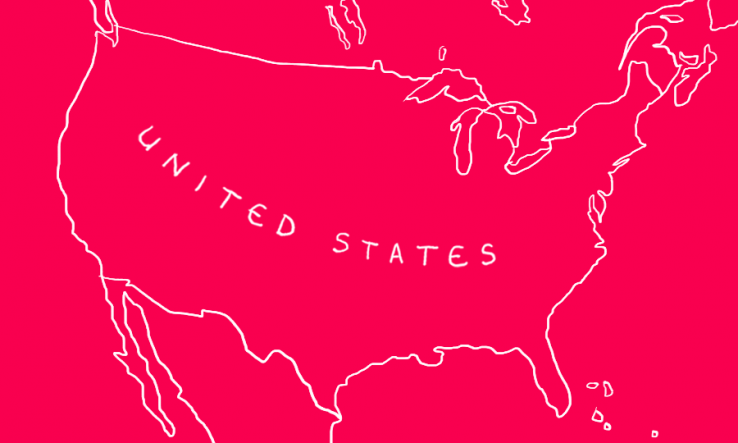
The latest policy and funding news from the US
In depth: The biggest federal funder of basic research in the US, the National Science Foundation, has come under fire for what critics say is its growing focus on applied research, particularly in computer technologies.
Full story: NSF under fire over perceived focus on applied R&D
Here is the rest of the US news this week…
NOAA watched over weather forecast centre
The National Oceanic and Atmospheric Administration has been told to “ensure that scientific innovation plays a key role” in developing its new weather forecasting centre. In a letter to acting NOAA administrator Neil Jacobs, Eddie Bernice Johnson and Frank Lucas from the House science committee said that researchers had raised concerns about the scope of NOAA’s plans and the community must be involved. NOAA has accepted external bids for running the Earth Prediction Innovation Center, at a cost of $45 million over five years, and is expected to award the contract autumn 2020.
NIH sets up centre for clinical Covid software
The National Institutes of Health has set up a multi-institutional collaboration to apply artificial intelligence techniques to medical scans in order to help clinicians find and treat Covid-19. The Medical Imaging and Data Resource Center will be led by the NIH’s Biomedical Imaging and Bioengineering branch and will make software tools for clinical use. Programme lead, Guoying Liu said the centre will start by gathering a large repository of Covid-19 chest images.
Caltech to host Amazon centre for quantum computing
Preparations have begun for the building the California Institute of Technology’s Amazon Web Services Center for Quantum Computing, Caltech said this month. The tie-up between Caltech and Amazon dates to 2018, when AWS researchers were being temporarily hosted on Caltech’s campus while Caltech researchers also worked for the computing giant while on academic leave. Pasadena, where Caltech is based, competes for computing talent with the nearby Silicon Valley.
Ivy League split over September Covid-19 strategies
Top US universities are have confirmed various experiments with different Covid-19 control approaches for the coming academic term. Princeton University undergrads will only be taught online, while Harvard University will only have 40 per cent of undergraduates on campus until spring at the earliest. Brown University will also stagger arrivals, with more students invited if campus testing shows this is possible. Cornell University will bring all its students back so it can test and monitor the disease.